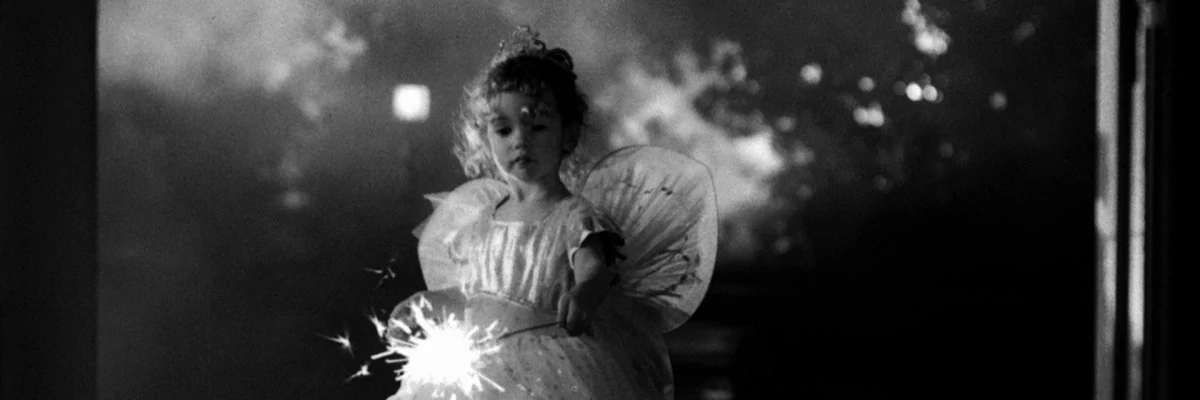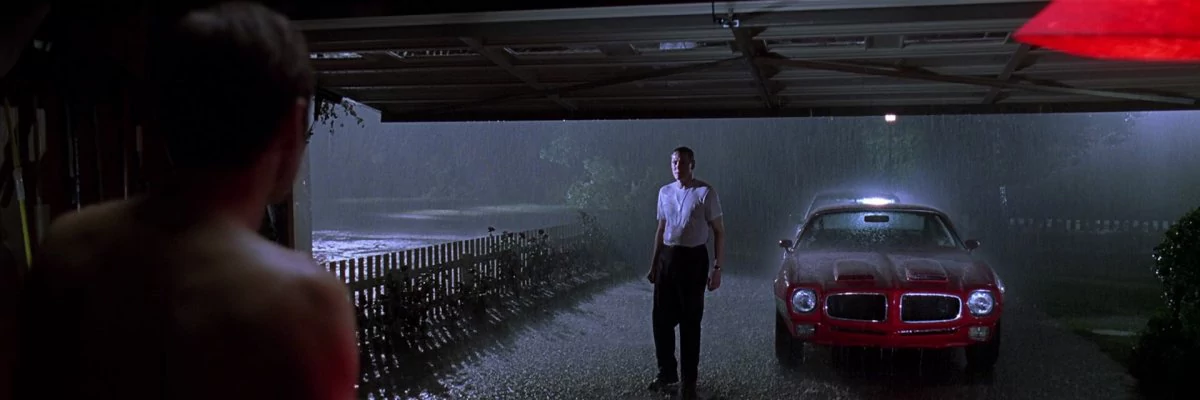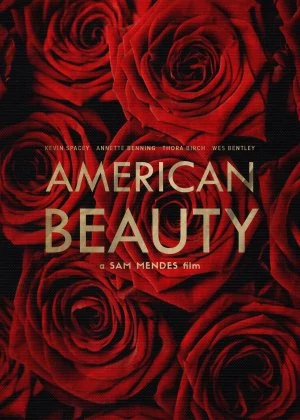American Beauty
For some directors it takes years of trial and error to finally come up with a masterpiece, others manage to do so on their first try, forever chasing that initial success. Sam Mendes falls in the latter category (though you could argue he came pretty close a couple of times). American Beauty was a critical monster hit, a film that earned rave reviews all over, while also managing to attract a decent crowd in theaters. I liked the film a lot when I first saw the film, but never found the time to revisit it. It was an early favorite and as my taste in films changed quite a bit since, I wasn't entirely sure how a second viewing would go. It turns out I still liked it a lot.

American Beauty is still regarded a masterpiece by many, but throughout the years critical support for the film has dwindled noticeably. I'm not too surprised, the film's often snide and uncompromising style of comedy is something frowned upon more easily these days. I liked it well enough, I generally welcome blunt and cynical humor, especially when combined with the dry wit on display here, but it's certainly not for everyone. And so, it's not difficult to see why and how some critics changed their tune over time. It's a lot easier to simply denounce a film like this.
I guess it depends a lot on how much weight you want to put on the cynical undercurrent of the film. Sure enough, Mendes fires more than a couple of shots at white, middle-aged suburbia here, but there also seems to be quite a lot of exaggeration that's only there to drive the comedy. Taken as a serious reflection on American culture and its strong family values, the film is no doubt a bit too crass and unsubtle, then again, I feel it's fair to say the same about that very reading of American Beauty. While the film does raise a couple of solid points, it's really just some good old cinematic comedy fun.
Lester Burnham has it all. A family, a longtime job, a big house in an upstanding neighborhood. From the outside his life looks perfect, inside he feels dulled and lifeless. That is, until he meets Angela, a friend of his daughter Jane. He is smitten with her, Angela from her side welcomes the attention of an older man, openly flirting with Lester. Suddenly, Lester's mind clears up, and he decides to get himself back into shape. He starts working out, talks back to his wife and befriends a local dope dealer that lives next door. Not everyone appreciates the new Lester though.

The film has certainly lost some of its visual appeal throughout the years, but some of its most iconic shots are still as captivating as the first time I watched the film. The colors appear a bit grim and somber, the lighting too is a tad mundane and the camera work is largely functional. But there are positives too. The framing can be pretty stark and memorable, while some dream sequences clearly received some extra visual attention. It's far from the prettiest film I've seen, but Mendes knows to pick his moments and elevates them with the necessary visual flair.
The soundtrack takes a very similar approach. For the most part, the music is rather inconspicuous, sometimes effectively hiding in the background. It's certainly not a terrible score, but it doesn't demand too much attention. Except for those scenes that Mendes wants to stick in your brain. The main theme of the film is pretty solid, some pop song pairings are also rather smart. Combined with the visuals, these scenes jump out and have rightfully become the landmarks of this film. It's just a shame that the contrast with the rest of it is a little too obvious.
As for the cast, they are very much on point. Kevin Spacey may be a persona non grata, his performance as Lester Burnham is legendary and no doubt one for the ages. Dry wit with a wink and oodles of creepy charm help him to personify one of the most dreary antiheroes of the 90s. The rest of the cast is pretty great too, with standout roles for Bening, Birch, Bentley and Suvari, though most of them have struggled to repeat or even approximate that success in future roles. They are an essential piece of the puzzle in the film's success, hitting that exact balance between drama and tongue-in-cheek needed for a film like this to work.

Until well past halfway, American Beauty tries to balance witty exaggeration with a more critical view of America's middle class, finally letting go of the latter to build up to a somewhat gnarly finale. It's a rather sudden switch that isn't really well advertised within the film, and as such can be a bit confusing for those who fail to flip that mental switch when the time is right. I think Mendes was smart to do it this way, keeping away from being overly moralistic while making sure that the film remains entertaining at all times, but your mileage may vary.
While many of my older favorites have lost quite a bit of their shine, I had a lot of fun rediscovering the charms of American Beauty. I don't think it's the grandest or most remarkable film ever made, but there's a baseline quality that hasn't faded in the slightest. Dark, dry wit, a can of excellent performances, deliberate styling choices and a series of iconic scenes make this a film that is armed to withstand the test of time. It's probably not a film that would fly should it be released today, but if you aren't too bothered by that, Mendes' first film is a true powerhouse and deserving of a fair shot.
